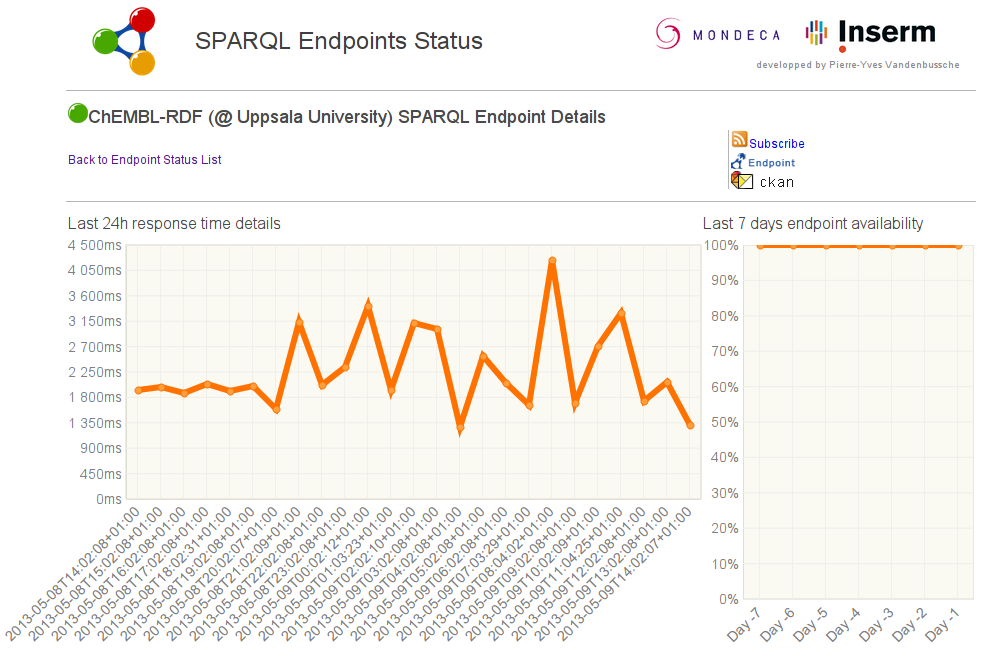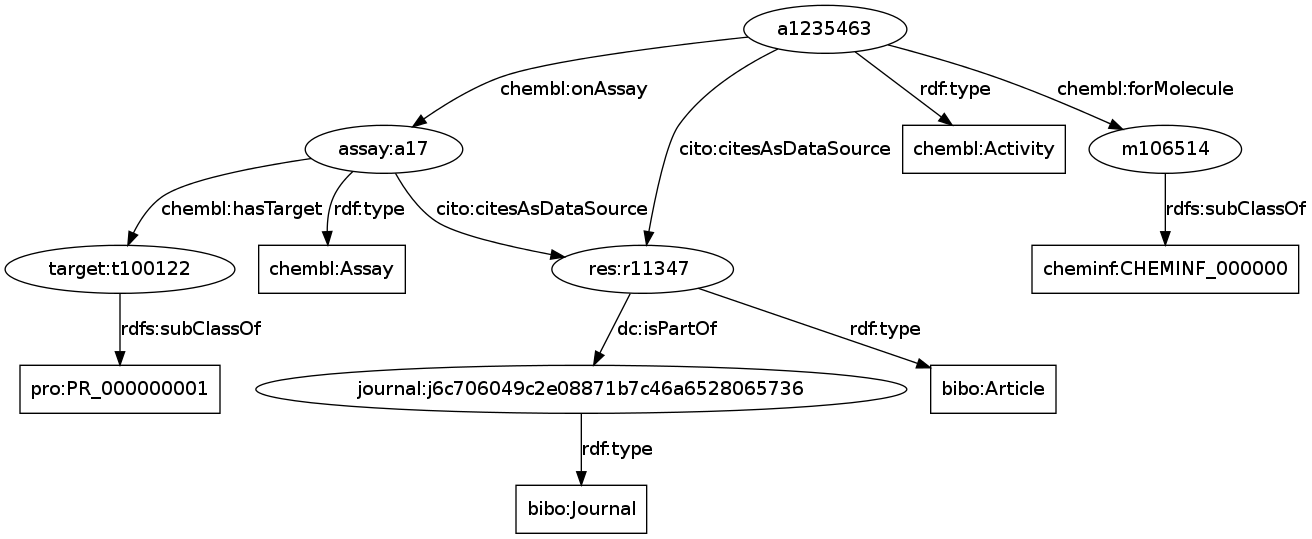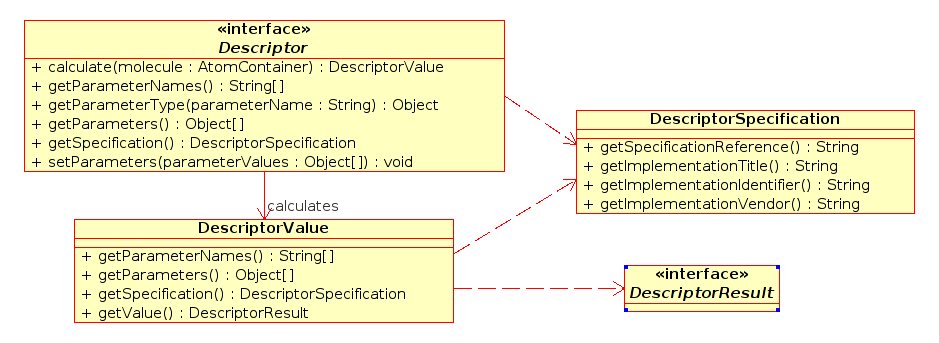
Two weeks ago the write up of a week-long scientific discussions around artificial intelligence for natural product drug discovery in Leiden at the Lorentz Center got published (doi:10.1038/s41573-023-00774-7, free PDF). Sadly, the meetings was still during the (partial) lockdown, and I think my contribution could have been more extensive.


